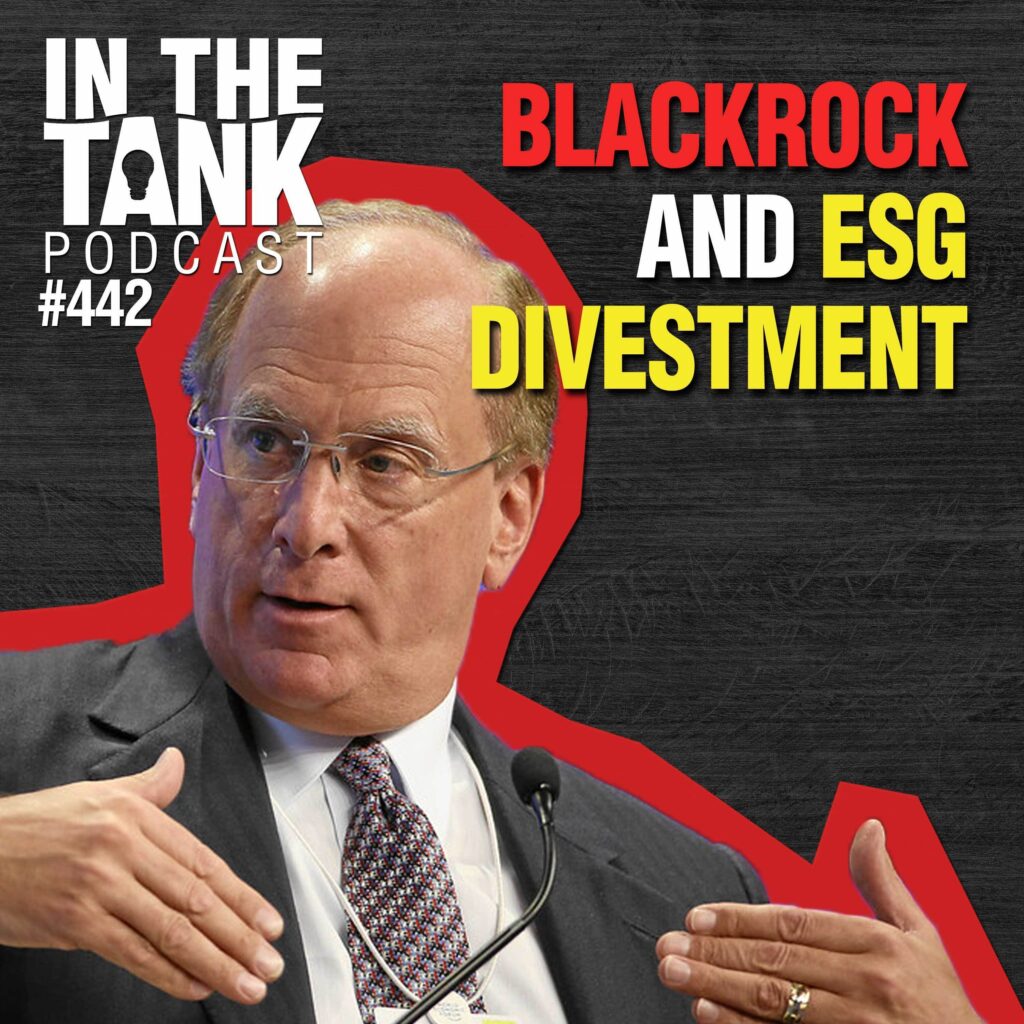In a way it’s not surprising that protesters involved in Occupy Wall Street have been, as far as I can tell, silent about Steve Jobs because his death was so recent. From the perspective of most (though not all) of them, Jobs should have been Exhibit A in the case against capitalist exploitation. Even though his personal wealth is said to have exceeded $8 billion, I haven’t been able to find very much in the way of outrage against him or his company.
Far from being vilified like other big business successes, Jobs has been celebrated internationally almost like a secular saint. Is it because, like Bill Gates and Warren Buffet, Jobs has given away billions of dollars through a well-endowed charitable foundation? No. Turns out there isn’t anything like a “Steve Jobs Foundation,” nor does Apple today even have a philanthropic arm—not since Jobs dismantled it in 1997.
No, I believe it’s because in Jobs’ case it’s so perfectly obvious that his business acumen has improved the quality of life for a large chunk of humanity to a level few could have imagined in 1976 when he and Steve Wozniak founded Apple. The convenience, profitability, and sheer coolness that Apple and its host of competitors and providers in the high-tech industry have made possible are simply undeniable. Where would we be without the iPhone, iPad, iPod, or the Mac and their imitators at Google, Amazon, and elsewhere?
Value-Plus for Value
But what about Jobs? Didn’t he get rich off our backs?
Well, could it be that when I paid $140 for my iPod I in fact valued it more than the $140? Could it be that Apple valued my $140 more than the iPod? And could it be that people who work for and supply Apple value the incomes and payments more than the services and goods they sell to Apple, and that Apple values what they offer more than what it pays them?
Could it be, in short, that these voluntary exchanges take place because the parties expect to gain more than they give up?
If so, would it make much sense for me to ask Apple to “give back” to me the profits it earned from my $140? That would make about as much sense as it would for Apple to demand that I “give back” whatever value I get from my iPod over and above the $140 I paid for it.
What About Sam?
And how is Steve Jobs different from the late Sam Walton, whose Wal-Mart discount stores have made life more comfortable, convenient, and less costly for the demographic they serve—lower- and middle-income working families in the suburbs? Perhaps Wal-Mart’s products don’t appeal to the tastes of those occupying Wall Street, either in Zuccotti Park or in the office buildings that tower over them. But, like Jobs, the competition Walton brought to the retail business has benefited them all.
Jobs is just an extreme example of businessmen and -women and entrepreneurs who make their living not by government intervention but mostly by voluntary exchange. From the pushcart vendor to the trucking company to the mall developer to the big Wall Street financial concern, insofar as they make their profits without resorting to political power, all do their part, though in a smaller way, to benefit those with whom they buy and sell.
Did Walton and Jobs ever take a government handout or gain from government regulation? I’m told that Wal-Mart benefited from eminent domain and Apple from patent enforcement. So while they were probably not “pure” in that sense, they were more so than the car manufacturers, financial companies, labor unions, and others that would have disappeared long ago without government privileges and bailouts. From my perspective, those are the crony capitalists the Occupiers should mainly be targeting and to some extent have been.
An Aha! Moment?
It’s hard to live pure in a mixed economy. So I’m not criticizing the Occupiers for using iPhones or Twitter or the cheap bottled water produced by the capitalism most of them hate. I work for the State University of New York, and my salary comes from taxpayers even though I’m committed to the principle of voluntary exchange. I might well lose in a contest of libertarian lifestyle purity (as would U.S. Rep. Ron Paul). What I’m after isn’t purity of ideological lifestyle but simply intellectual consistency … and honesty.
Either Steve Jobs is among the worst of profit-seeking capitalists (even if he got rich largely without government privileges)—the worst 1 percent of the repugnant 1 percent—or he’s not. And if Steve Jobs is honored for the way his corporate juggernaut made life better for most of us, then so too should Sam Walton be, and for the same reason.
Some might respond to this by saying, “Right, we should despise Steve Jobs!” but I’m pretty sure few would. Maybe I have too much faith in common sense.
Let’s honor the Steve Jobses (and Sam Waltons) of the world, but let’s also recognize that it’s the market (however hampered today) that makes them and their contributions to humanity possible.
Sandy Ikeda ([email protected]) is associate professor of economics at Purchase College, SUNY, and the author of The Dynamics of the Mixed Economy: Toward a Theory of Interventionism. Reprinted and edited with permission from The Freeman magazine, published by the Foundation for Economic Education.




